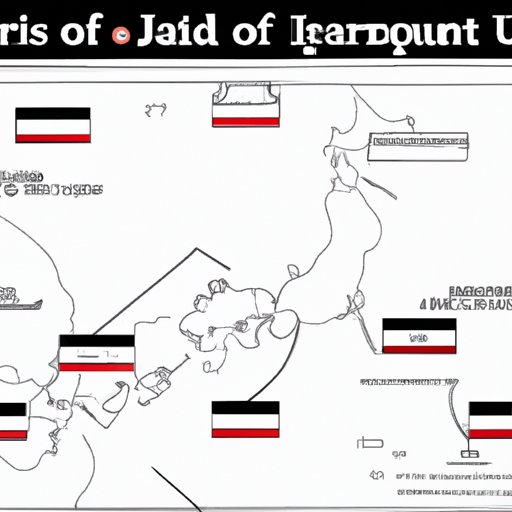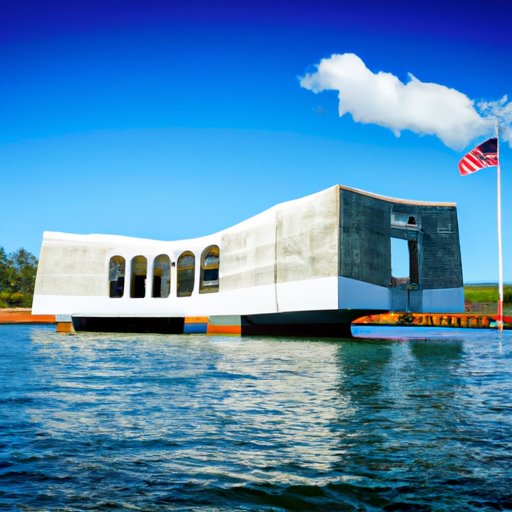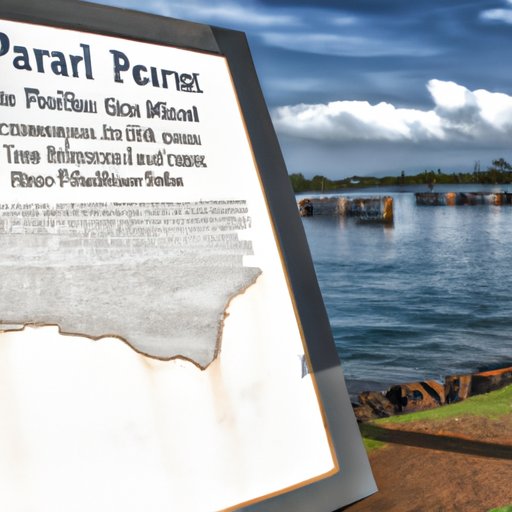This article explores the neutral stance of several countries during World War II, including Switzerland, Portugal, Spain, Ireland, Sweden, and Turkey. It analyzes the historical background, political climate, and factors that influenced each country’s decision to remain neutral, as well as their impact on the outcome of the war.
The Factors that Led to Japan’s Surrender: An In-depth Look at the end of World War II
Understanding the reasons that led to Japan’s surrender is crucial to gaining insights into the war’s outcome and shaping geopolitical relationships in the post-war world. Read an in-depth look at the factors that led to Japan’s surrender at the end of World War II.
The Human Cost of the Atomic Bombings: An Account of Hiroshima and Nagasaki
Recalling the human cost and global impact of the bombings of Hiroshima and Nagasaki, this article examines the long-term effects, historical context, political aftermath, and moral and ethical reflections of a catastrophic event that continues to impact humanity today.
Why Did FDR Serve Four Terms: An In-depth Look at His Leadership and Motivations
Explore the factors that led to FDR’s decision to serve four terms as President, including his leadership style and motivations to tackle the Great Depression and World War II.
The Decision to Bomb Hiroshima: A Comprehensive Analysis of Historical, Scientific, and Ethical Factors
This article explores the historical, scientific, and ethical factors that led to the decision to bomb Hiroshima in 1945. Through a comprehensive analysis of the events leading up to the bombing, the scientific and military rationale for the bombing, the human cost of the bombing, the ethical implications of the bombing, and other historical events, this article provides a balanced and informative perspective on this crucial turning point in world history.
Exploring the Axis Powers: Which Country Stood with Germany and Japan During World War II?
Explore the axis powers and discover which countries stood with Germany and Japan during World War II. A deep dive into the history of Germany, Japan, and Italy and their involvement in the axis powers.
Which Nation Lost the Most Troops: A Historical and Comparative Analysis
This article explores which nation lost the most troops throughout history. It provides a historical and comparative analysis of the deadliest conflicts in human history and the impact of warfare on human life and society.
Understanding the Significance of VE Day: Historical Overview, Personal Reflections, Infographics, and More
VE Day was a turning point in world history. By exploring its historical significance, hearing personal reflections, and creating an infographic, we can ensure that the lessons of the past are never forgotten.
Why Japan Attacked Pearl Harbor: Understanding the Tensions and Motivations Behind the Surprise Attack
Why did Japan attack Pearl Harbor? This article explores the tensions and motivations behind Japan’s decision to launch the deadly attack that propelled the United States into World War II. Learn about the historical and strategic context, the role of economic sanctions, and the actual reasons behind one of the deadliest conflicts in modern history.
How Many Died at Pearl Harbor: A Comprehensive Look at the Numbers and Impact
Discover the number of casualties at Pearl Harbor and its impact, historical challenges, human experience, statistical comparison and aftermath, and commemoration through this comprehensive guide.









